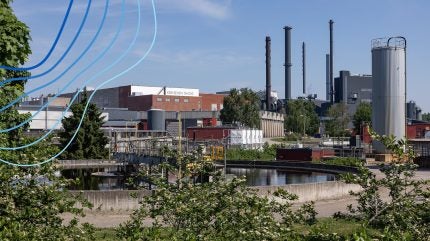
Paper and pulp producer Sappi Europe has cut the carbon footprint of its Galerie coated paper range by 55% through investments in renewable energy.
In 2023, Sappi Europe’s Kirkniemi Mill in Lohja, Finland successfully transitioned to renewable biomass energy, reducing its Scope 1 emissions (direct emissions from Sappi’s own operations) by 90%.
Building on the significant investment made to Kirkniemi’s energy systems, clean electricity is now also being supplied to the mill, eliminating scope 2 (indirect) emissions.
These efforts have led to a 55% overall reduction in the carbon footprint of Sappi’s Galerie paper range, exclusively produced at Kirkniemi. This is estimated to reach 70% by the end of 2024.
Sappi Europe sales director Antti Makkonen commented: “The reductions from our Scope 1 and Scope 2 emissions contribute to our customers’ respective emission reduction targets. There’s a direct impact on the reduction of their indirect emissions related to the purchase of goods and services.”
This transformation is among 80 projects outlined in Sappi Europe’s decarbonisation roadmap, a blueprint for the company’s energy-related sustainability targets through to 2025. This also aligns with the company’s science-based targets for 2030.
Sappi Europe director of sustainability Sarah Price added: “Our decarbonisation journey underwent a massive acceleration from 2020 onwards. We’re proud to be on schedule, despite challenging economic conditions.”
The company reported positive financial results for the second quarter of the financial year 2024 due to strong demand for pulp.



